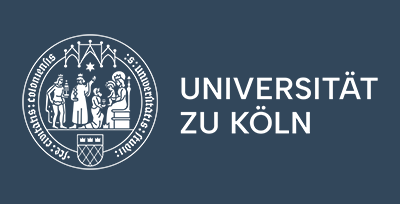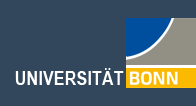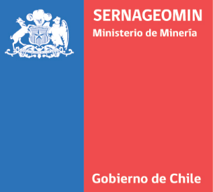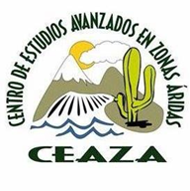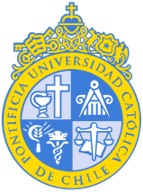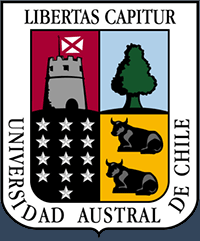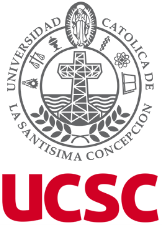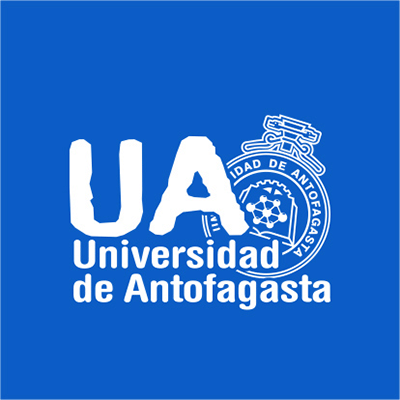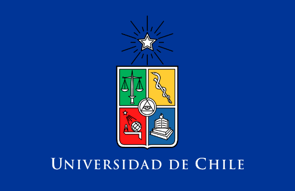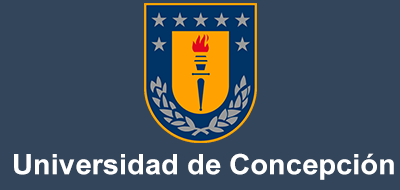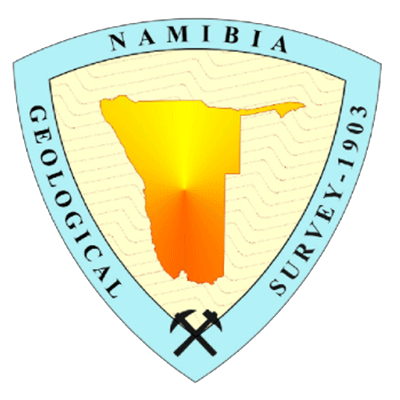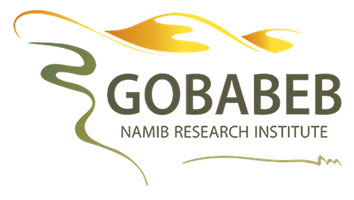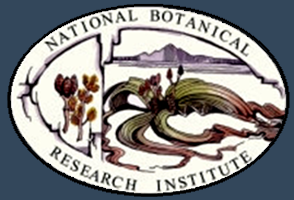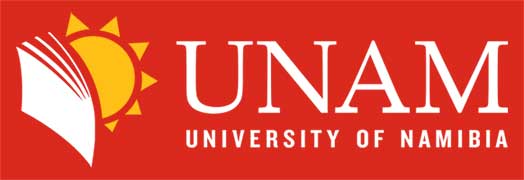Project Z5
Principal investigators: Prof. Dr. Claudia Knief, Dr. Ulrich Löhnert, Prof. Dr. Annette Scheersoi
IRTG coordinator: Dr. Hannah Hartung, Dr. Daniela Hülle
Project Info: Phase 3
The CRC successfully established an Integrated Research Training Group (IRTG) in phase II to support early-career researchers within the project in their development towards a successful independent academic or non‑academic career. Overall the IRTG supported 22 PhD candidates funded by the CRC and 12 associated PhD candidates in phase II. Based on the overall very good feedback on the diverse range of events/trainings/fellowship scholarships and scientific programme offered by the IRTG, also in the challenging times of Covid-19, we wish to continue with the IRTG in phase III. As before, the IRTG will be tied to the existing local graduate schools, which offer a structured research and learning environment with well-established quality standards.
Enhancing the interdisciplinarity of the PhD candidates and increasing their visibility in the international research community to offer them a supportive research environment is a major aim of the IRTG. Therefore, the IRTG will offer a broad programme with training on specific CRC 1211-related topics and funding opportunities:
- Scientific training programme:
Regular lectures/research training days and an introductory field excursion in Chile at the beginning of the funding period are intended to facilitate the interdisciplinary dialogue within CRC 1211 and among the IRTG members. Most training will be offered by the CRC’s PLs, complemented with the expertise of local or external specialists. Furthermore, one international summer school with relevant thematic foci is envisaged to disseminate CRC 1211 expertise in the next generation of the scientific community. Additionally, the IRTG will train its members to explain and present scientific research data to a broader public, e.g. by using social media channels and reflecting about different communication formats and strategies. The IRTG programme will be tailored to the specific needs of the doctoral candidates, which will be identified with regular surveys organized by the IRTG coordinator. - Support for bottom-up initiatives by the group of doctoral candidates for activities such as workshops and/or training courses (e.g. on high-level laboratory and field equipment, data interpretation, modelling or software tools) and PhD retreats. The aims are to promote independent scientific discourse and direct communication between the IRTG members, and further familiarize them with the methodological approaches applied within CRC 1211 and beyond.
- Fellowships and mobility/travel grants: The IRTG will offer fellowships (4 long-term scholarships up to 12 months) and travel grants for visiting doctoral candidates from cooperating institutions in Chile and Namibia to intensify international cooperations. Apart from training opportunities, the IRTG will help its members to develop an independent scientific profile through various measures, including mobility grants (individual lab visits, short‑term stays abroad and/or specialist training) and support for public outreach activities.
Find further detailed information about the IRTG here.
Project Info Phase 1+2
The Integrated Research Training Group (IRTG), newly established in the second phase of CRC 1211, offers a qualification programme to early-career scientists working in or closely associated to CRC 1211. It consists of an interdisciplinary scientific training programme, an internal grants programme to foster international co‐operation and networking, and support for activities initiated by the doctoral candidates themselves. These components do not replace but complement the offers provided by the disciplinary graduate school at everyone’s home institution. The overall aim is educating a generation of truly interdisciplinary doctoral candidates in the fields of Earth and Life Sciences, which is of growing importance in the course of ongoing and accelerated global change.
Forging and maintaining an international, interdisciplinary network in the area of Earth and Life Sciences is at the core of the IRTG.
After their time in CRC 1211, our early‐career scientists will be well placed to pursue successful careers in fields ranging from scientific research and teaching, via research in industry, to higher administration and management in governmental and non‐governmental organisations (e.g. project management, complex systems, science communication). Across these employment areas, interdisciplinarity is seen as a major asset, yet in postgraduate training it is often just a buzz word. In CRC 1211 we will train people who will gain real, relevant experience in interdisciplinary work between several areas of the Earth and Life Sciences and who will have learned to truly think “out of the box” of their restricted subject area. Our graduates will be open to contrasting insights and will be experienced in familiarizing themselves with new subject areas swiftly and securely.
Find further detailed information about the IRTG here.




